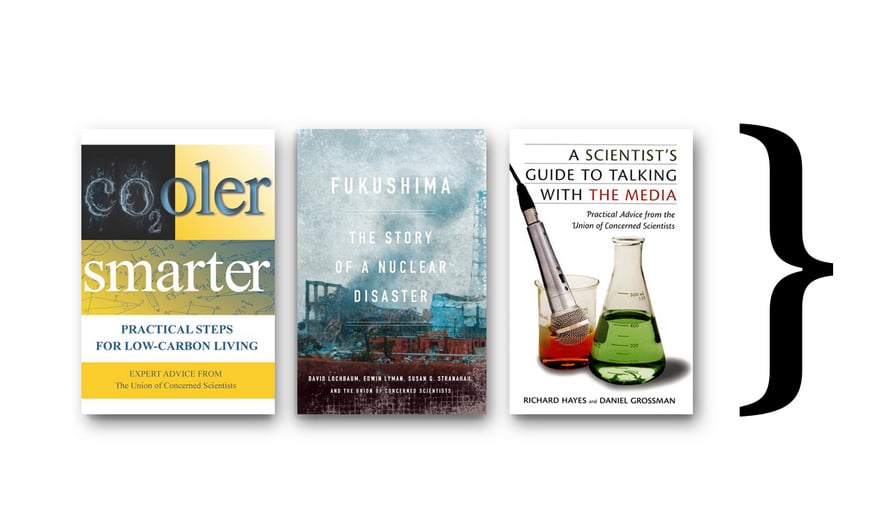Our scientists and experts produce reports, peer-reviewed papers, interactive tools, and other resources as part of our advocacy. Search or browse our resource library below.
1402 items found
Podcast
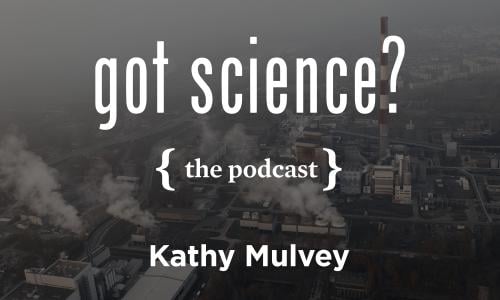
Making Fossil Fuel Polluters Pay
Climate accountability expert Kathy Mulvey shows how science can hold fossil fuel companies accountable.
Podcast
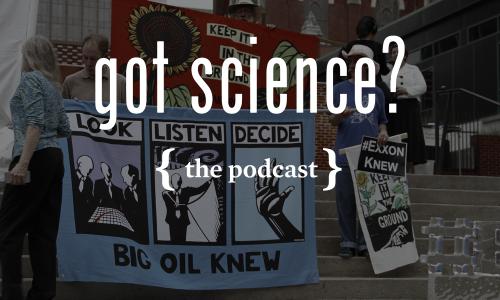
A Long Record of Lies on Climate Change
How did fossil fuel companies get away with deceiving the public for so long about climate change, and how their products contribute to it?
Report

Losing Ground
Farmland consolidation—the trend toward fewer, bigger farms—has been accompanied by social and economic consequences that threaten the long-term health of farm communities.
Feature
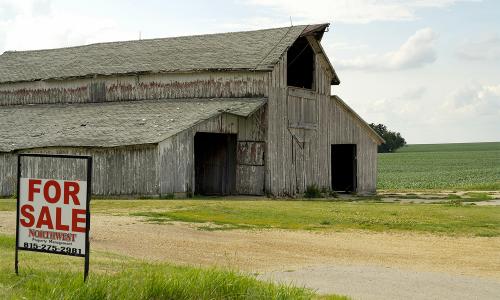
Bigger Farms, Bigger Problems
Farmland consolidation is harming US rural communities—and better policies can help.
Podcast
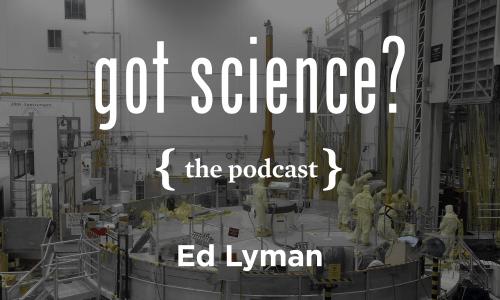
Bill Gates and “Advanced” Nuclear Reactors
Physicist Dr. Edwin Lyman discusses the safety, security, and environmental impact of proposed “advanced” nuclear reactors.
Podcast
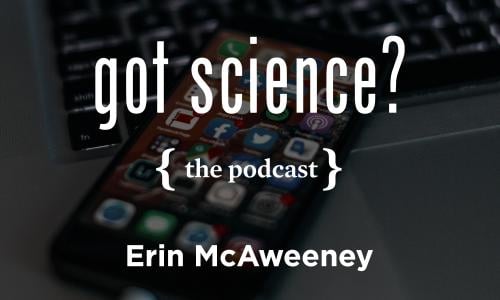
The Science of Disinformation on Social Media
Social media analyst Erin McAweeney explains how disinformation spreads on social media.
Video

No First Use Policy
In supporting a NFU policy, the Biden administration can take bold action to reduce the nuclear dangers we all face.
Report

"Advanced" Isn't Always Better
We studied the most prominent “advanced” nuclear reactor designs. Unfortunately, few are safer or more secure than current generation reactors.
Podcast

COVID-19 Vaccine Questions Answered
Infectious disease expert and Arkansas Secretary of Health Dr. Jose Romero answers key questions about COVID-19 vaccines.
Report

Federal EV Policy
Policies to increase EV adoption are an important component of a broad agenda to increase access to all modes of clean personal mobility and goods movement.
Podcast
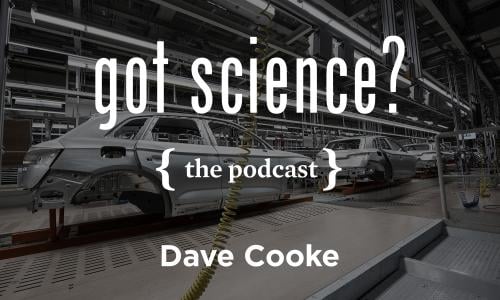
The EV Promise
Vehicles expert Dr. Dave Cooke explains how US automakers make big environmental promises while lobbying to pollute.
Explainer

COVID-19 Vaccine FAQ
As COVID-19 vaccines become more widely available, it's important to have access to reliable scientific information. Here are answers to the most common questions.
